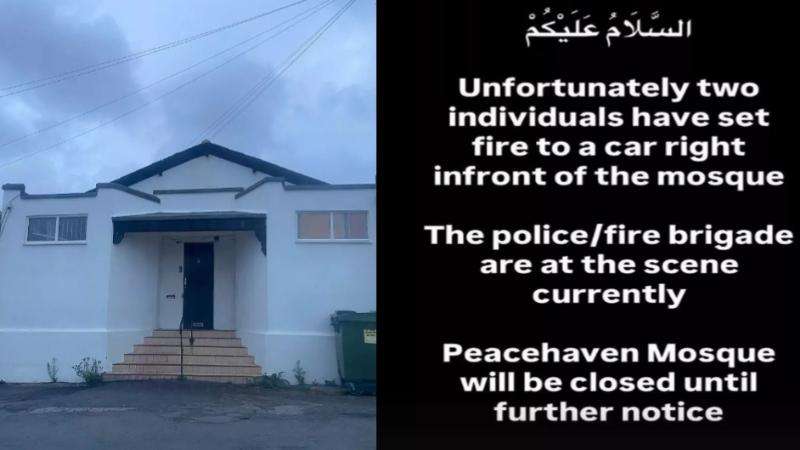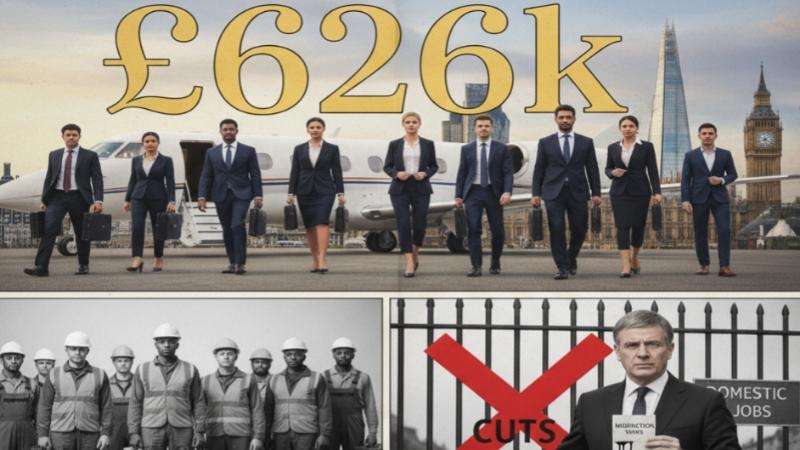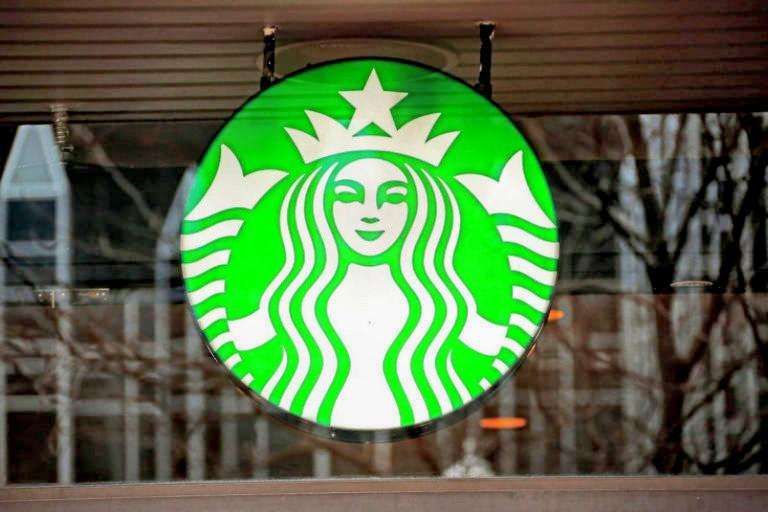You will need to purchase anything if you wish to use the restroom or linger around at Starbucks. On Monday, Starbucks announced that it was ending its policy of allowing anybody to enter its locations. In addition, a new code of conduct that will be displayed in all company-owned stores in North America forbids panhandling, smoking, vaping, drug use, outdoor alcohol drinking, and discrimination or harassment.According to Jaci Anderson, a Starbucks spokesman, the new guidelines are intended to help give priority to paying customers. According to Anderson, the majority of other retailers already have such policies. Anderson stated, "We want everyone to feel comfortable and welcome in our stores." "We can improve everyone's environment by establishing clear expectations for behavior and how our spaces should be used."The code of conduct warns that violators will be asked to leave, and says the store may call law enforcement, if necessary. Starbucks said employees would receive training on enforcing the new policy.
The new rules reverse an open-door policy put in place in 2018, after two Black men were arrested at a Philadelphia Starbucks where they had gone for a business meeting. The individual store had a policy of asking non-paying customers to leave, and the men hadn't bought anything. But the arrest, which was caught on video, was a major embarrassment for the company.At the time, Starbucks Chairman Howard Schultz said he didn’t want people to feel “less than” if they were refused access.
“We don’t want to become a public bathroom, but we’re going to make the right decision a hundred percent of the time and give people the key," Schultz said.Since then, though, employees and customers have struggled with unruly and even dangerous behavior in stores. In 2022, Starbucks closed 16 stores around the country — including six in Los Angeles and six in its hometown of Seattle — for repeated safety issues, including drug use and other disruptive behaviors that threatened staff.




_3.jpg)



.svg)


